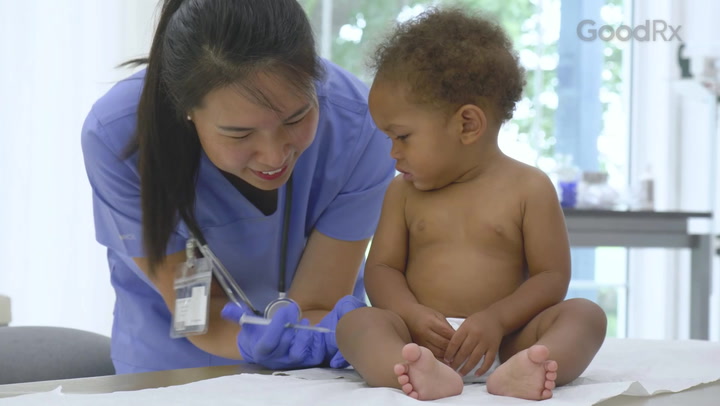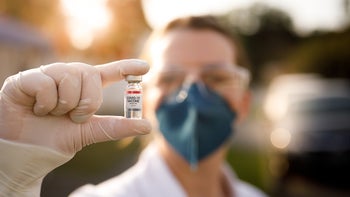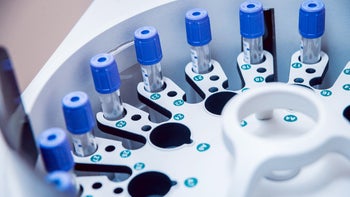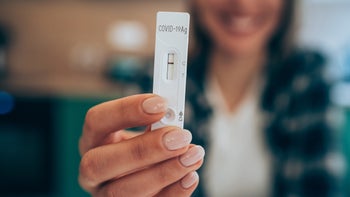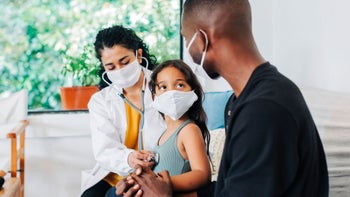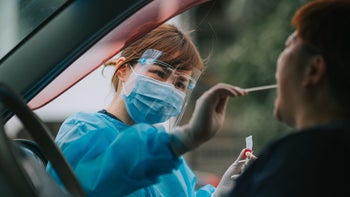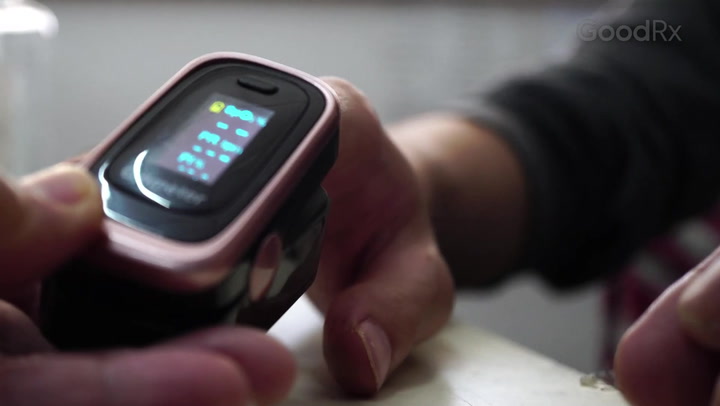
How Long After COVID Can You Get a Booster?
Key takeaways:
People who’ve had a COVID-19 infection should still get the latest updated COVID vaccine.
The strongest protection against COVID comes from combining natural immunity from illness with the most up-to-date vaccine.
If you get sick with COVID, it’s safe to get the COVID vaccine as soon as you recover. But you may consider waiting up to 3 months, depending on your level of risk for severe disease.
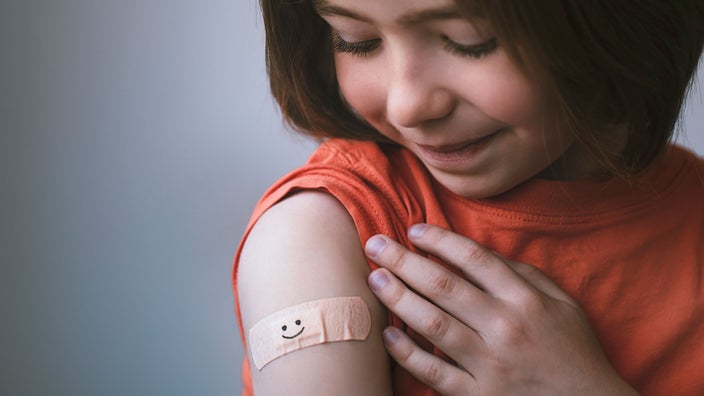
If you’ve been infected with COVID-19, you might think that you no longer need the latest vaccine. But immunity after a COVID illness doesn’t last forever. You can get infected with COVID again, especially when new variants are circulating.
Research shows that the COVID vaccine offers important protection even after a COVID illness. But how long should you wait before getting it? Here’s how to decide on the best time to get vaccinated after a COVID infection.
In this article, we use the term “booster” to mean the most recent COVID vaccine. But it’s important to note that the most updated COVID vaccine isn’t actually a booster shot. The updated vaccine is formulated to protect you from the most recent COVID variants. This is different (and more effective) than simply boosting the immunity provided by prior COVID vaccines.
Search and compare options
Do you need to get boosted against COVID if you’ve recently had COVID illness?
Yes. Getting sick with COVID can help lower your chance of severe illness and hospitalization from COVID in the future. But that immunity doesn’t prevent you from getting sick with COVID again.
The strongest protection against COVID comes from having hybrid immunity. That’s the combination of:
Natural protection (from having had a COVID infection)
Vaccine-induced protection
So, your chances of getting sick again with COVID are lowest if:
You’ve had COVID in the past.
And you’re up-to-date with the latest COVID vaccine.
Keep in mind that each time you get sick with COVID, you increase your risk for developing post-COVID conditions, like POTS (postural orthostatic tachycardia syndrome) and chronic headaches. So staying up-to-date with the latest COVID vaccine helps lower your chances of long COVID too.
What’s the best COVID-19 booster? There’s Pfizer, Moderna, or Novavax. Our experts explain how to choose the best one for you.
Getting rid of COVID fast: Learn the best ways — from Paxlovid to supplements — to help you get over your infection as quickly as possible.
COVID vaccine updates: COVID variants and vaccines are constantly evolving and changing. We’ve got you covered on the most up-to-date vaccine news and approvals.
How long can immunity last after a COVID infection?
It depends. With the original COVID strains, immunity after COVID was still high 10 months after an infection. But after omicron subvariants arrived, immunity after infection dropped within 3 months. Newer strains are even more likely to escape your immune defenses, meaning it’s very likely you’ll catch COVID again.
It’s hard to say exactly how long immunity lasts if you get a COVID infection now. That’s because studies looking at immunity can take a year to run and publish. So even the latest studies are based on immunity from older strains.
The data is even more complicated if there are different strains circulating at the same time. That’s because infection with one strain might not protect you against infection with another strain. In that case, you could get sick with COVID as quickly as 1 month after having had a different strain.
Keep in mind that even though immunity against COVID illness is lower with newer COVID strains, your protection against severe disease is still high. One study found that while immunity dropped quickly with Omicron subvariants, protection against severe disease was still close to 90% — even 10 months after infection.

How long after testing positive for COVID should you wait to get a booster vaccine?
After you test positive for COVID, it’s safe to get the updated COVID vaccine once you recover from your illness. But it can be hard to know exactly when you’re fully recovered, especially if you have any lingering symptoms like a cough or fatigue.
It’s most important that you wait until you’re no longer contagious. Most people are contagious for about a week. But in general, you’re unlikely to be contagious if you meet the following three criteria:
It has been over 10 days since your infection started.
It has been at least 24 hours since you last had a fever.
Your symptoms feel like they’re getting better overall.
But it doesn’t mean you need to rush to get your vaccine as soon as you get over your infection. The CDC recommends that you can wait up to 3 months to get the updated vaccine. This is based on studies that suggest that waiting to get vaccinated after COVID illness may result in a better immune response.
But not everyone should wait this long. The CDC recommends vaccination sooner rather than later if:
You’re at high risk for a more severe infection.
You’re in close contact with someone who’s at risk for more severe infection.
There has been a spike in COVID cases in your community.
There are new variants circulating.
To help figure out what timing is best for you, reach out to your primary care provider about when you should get your booster.
What are the benefits of getting the COVID vaccine?
The COVID vaccine is a safe and effective way to prevent infection. No vaccine is 100% effective. But people who stay up-to-date on their COVID vaccinations are less likely to get infected.
Additional benefits of getting the vaccine include:
Less severe disease: People who’ve been recently vaccinated are much less likely to develop serious COVID illness. That means they’re much less likely to end up in the hospital or die from COVID complications compared to people who haven’t been vaccinated.
Lowering the risk of long COVID: Getting vaccinated against COVID makes it less likely that you develop long COVID in the future. This is an especially important benefit, since immunity against getting sick doesn’t last forever.
Longer-lasting immunity: Immunity against COVID is temporary. But if you’ve had COVID in the past, getting the COVID vaccine can make your natural immunity last longer.
The bottom line
If you get sick with COVID, you should still get the most recent COVID booster. This is because the strongest and longest-lasting protection against COVID comes from hybrid immunity. That means a combination of natural and vaccine immunity.
After COVID infection, you can either get your COVID vaccine once you recover from your illness, or you can wait up to 3 months. The right timing for you depends on your risk level for severe disease, any close contact with someone at high-risk, and the types of circulating variants.
Why trust our experts?


References
Byambasuren, O., et al. (2023). Effect of covid-19 vaccination on long covid: Systematic review. The British Medical Journal.
Centers for Disease Control and Prevention. (2021). Reduced risk of reinfection with SARS-CoV-2 after COVID-19 vaccination — Kentucky, May–June 2021.
Centers for Disease Control and Prevention. (2023). Use of updated COVID-19 vaccines 2023–2024 formula for persons aged ≥6 months: Recommendations of the Advisory Committee on Immunization Practices — United States, September 2023.
Centers for Disease Control and Prevention. (2024). COVID-19 vaccine frequently asked questions.
Centers for Disease Control and Prevention. (2024). Interim clinical considerations for use of COVID-19 vaccines in the United States.
COVID-19 Forecasting Team. (2023). Past SARS-CoV-2 infection protection against re-infection: A systematic review and meta-analysis. The Lancet.
Lasrado, N., et al. (2023). SARS-CoV-2 hybrid immunity: The best of both worlds. The Journal of Infectious Diseases.
Mallick, D., et al. (2023). COVID-19 induced postural orthostatic tachycardia syndrome (POTS): A review. Cureus.
Ngonghala, C. N., et al. (2022). Unraveling the dynamics of the Omicron and Delta variants of the 2019 coronavirus in the presence of vaccination, mask usage, and antiviral treatment. Applied Mathematical Modelling.
Pooley, N., et al. (2023). Durability of vaccine-induced and natural immunity against COVID-19: A narrative review. Infectious Diseases and Therapy.
Reuschl, A. K., et al. (2024). Evolution of enhanced innate immune suppression by SARS-CoV-2 Omicron subvariants. Nature Microbiology.
Stegger, M., et al. (2022). Occurrence and significance of Omicron BA.1 infection followed by BA.2 reinfection. medRxiv.
Uusküla, A., et al. (2023). Risk of SARS-CoV-2 infection and hospitalization in individuals with natural, vaccine-induced and hybrid immunity: A retrospective population-based cohort study from Estonia. Scientific Reports.


